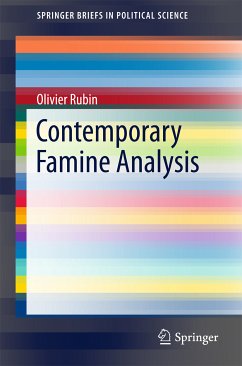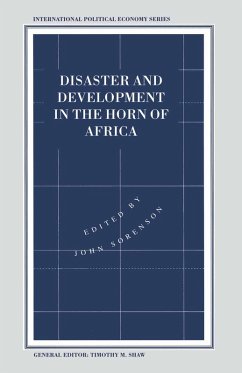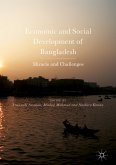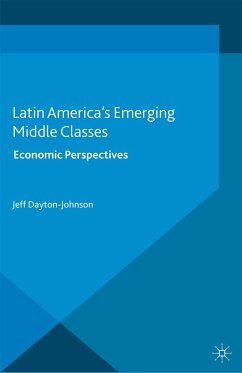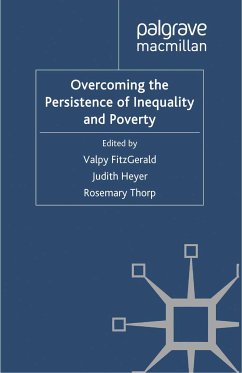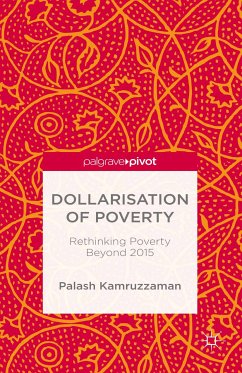This Brief provides some answers as to why famines continue to torment humankind here in the 21st century despite all our progress in food production, logistics, information dissemination and relief work. Contemporary famines are inherently political, and so the interesting question is not how famines can be prevented, but why they are allowed to develop in the first place; only by understanding the latter, is there hope to eradicate major famines.
The Brief assesses the various analytical approaches to the understanding of famine, from the classical approaches inspired by Thomas Malthus to the newer economic approaches based on Amartya Sen. While all approaches contribute with important insights on famine dynamics, they also struggle to capture the political dimension of contemporary famines. The Brief develops a political approach capable of addressing this important but messy political dimension of contemporary famines. The approach builds on principles of humanitarian accountability (the moral responsibility to alleviate suffering from famine) as well as political accountability (the interests and power relations involved in famine outcomes).
Dieser Download kann aus rechtlichen Gründen nur mit Rechnungsadresse in A, B, BG, CY, CZ, D, DK, EW, E, FIN, F, GR, HR, H, IRL, I, LT, L, LR, M, NL, PL, P, R, S, SLO, SK ausgeliefert werden.

